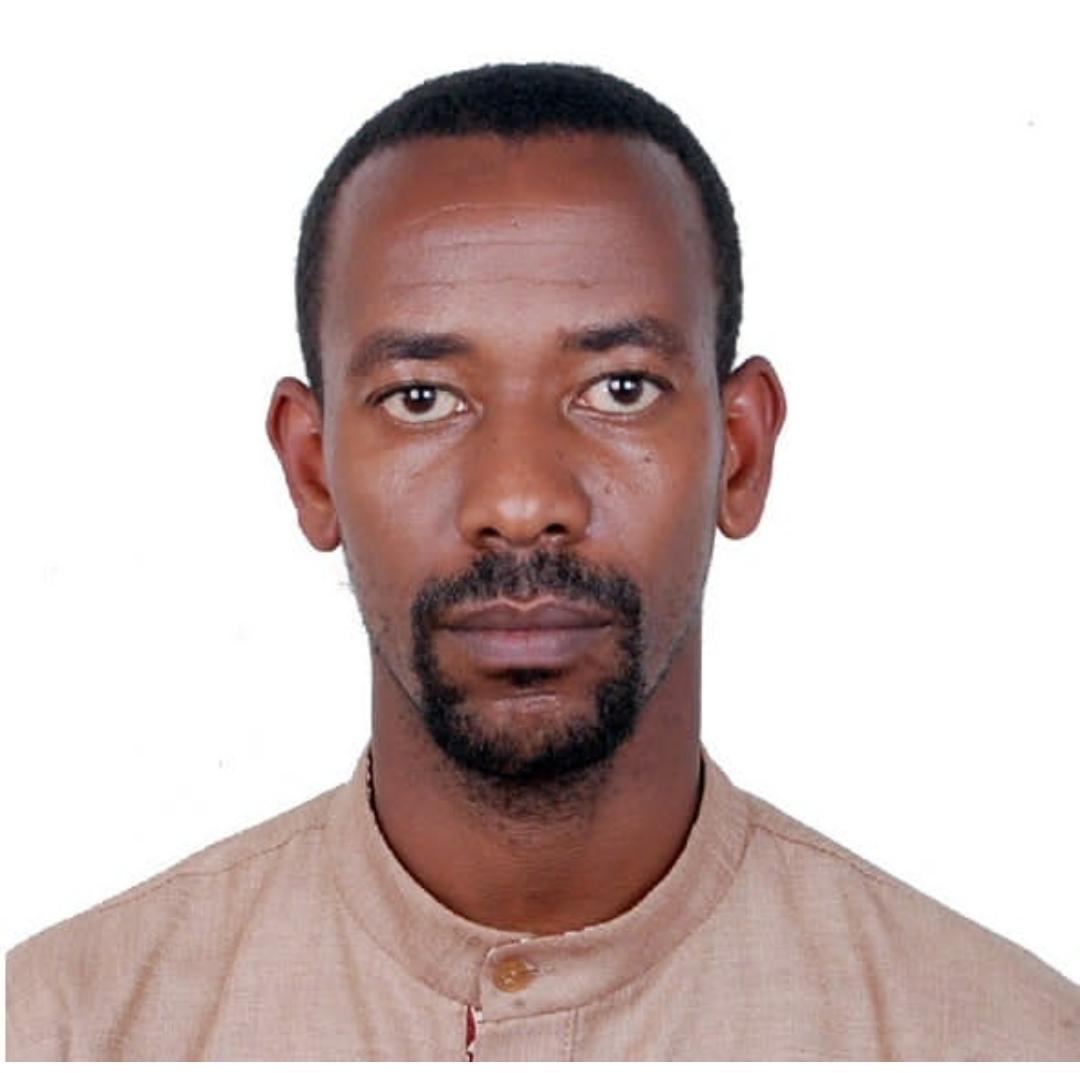The 2009/10 Ombudsman report has exposed massive irregularities in the management and distribution of cattle under the One-Cow per Household programme.

The 2009/10 Ombudsman report has exposed massive irregularities in the management and distribution of cattle under the One-Cow per Household programme.
The Ombudsman is expected to present the report today before a joint parliamentary session.
According to the report, 174 cows were diverted or went missing; however, the report adds that this is not the overall figure since there were some areas his office never visited while collecting data.
The report also adds that there is a big number of cows that were given out by several NGOs and Banks to an extent that there is no specific statistics indicating the exact number of cows that were given out by the government.
The figures in the report indicate that 13,882 cows were received by sectors but only 6,252 cows were distributed to needy families.
The government Tsar’s report justifies the mismatching figures by accusing local leaders for not distinguishing cows granted by the donors and those ones granted by the Ministry of Agriculture through RARDA.
"In majority of the districts, the distribution of cows among the needy families has not been transparent, cows were not given to deserving beneficiaries, instead, they were taken by local leaders including the executive secretaries for the cells,” reads the report.
It also adds that; "there are some beneficiaries who were given cows and they sold them while some officials who schemed ownership of the cows.”
"The local leaders failed to distinguish to the investigators the number of cows offered by RARDA, and those granted by NGOs,” adds the report.
The State whistleblower’s report also recommended that in order to implement government decisions, those who did not deserve to benefit from the Gir’Inka scheme should return cows and be given to the concerned beneficiary.
"Local authorities together with the Ministries in charge should sensitize citizens and prepare them for receiving cows while all people involved in poor distribution of cows should be punished using administrative sanctions where necessary criminal sanctions also should be applied,” reads the report.
Construction materials
The report also points out that, the government released580, 189 iron sheets for the construction of houses of vulnerable people but only 484, 3944iron sheets reached the beneficiaries while 4361 iron sheets where confirmed embezzled.
Rwamagana district leads the table with the biggest number of embezzled iron sheets totaling to 1690.
The 82-page report also indicates that under the same scheme of constructing houses for the needy, 67, 245 sacks of cement were released to districts across the country but 43,052 sacks of cement reached the indentified beneficiaries while 1730 sacks of cement were confirmed to have been embezzled.
Each sack of cement weighs 50kg and costs about Rwf10, 000.
Judiciary hit again
The report also point out the judiciary as one of the institutions that featured most in cases related to corruption.
According to the report; "there are corruption-related dossiers on the judiciary and most of those that have been named include judges from classical courts, Gacaca courts officials and mediators.”
The report however distances itself from criticisms that may arise from this exposure of the judicial malpractices indicating that most of the cases mentioned were brought by people who where either not satisfied by the court rulings and that there wasn’t proof or evidence to the mentioned corruption.
It is also indicated in the report that the Ombudsman’s office received 43 cases of corruption that were connected to the judiciary. Out of those, 36 were settled 4 are still being followed while three were forwarded to other institutions to handle them.
The report also indicates that there is significant corruption in awarding tenders within government institutions.
The Ombudsman will present the details to MPs and Senator who will also deliberate on the issues in the document before taking a decision on what should be done.
Ends


